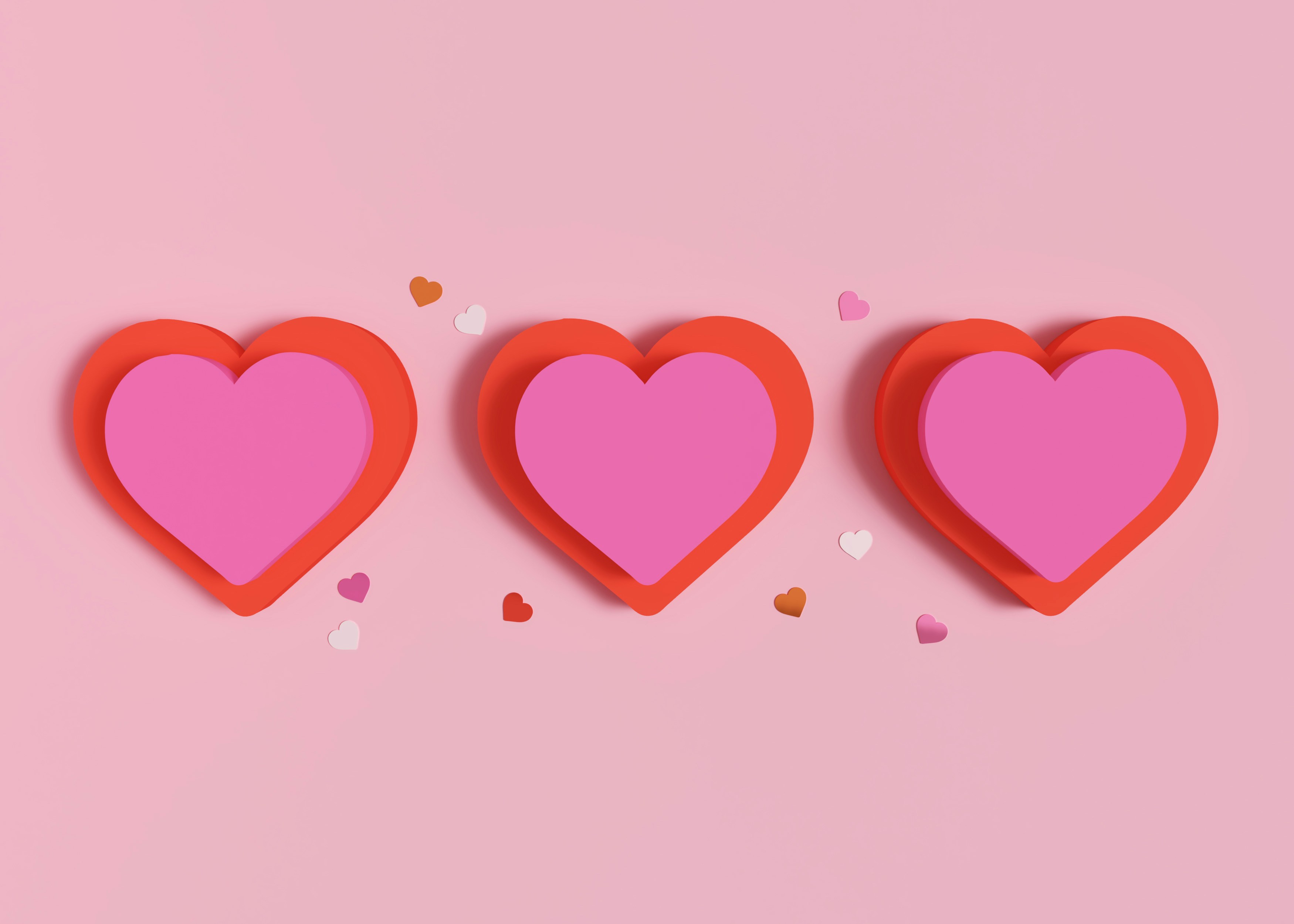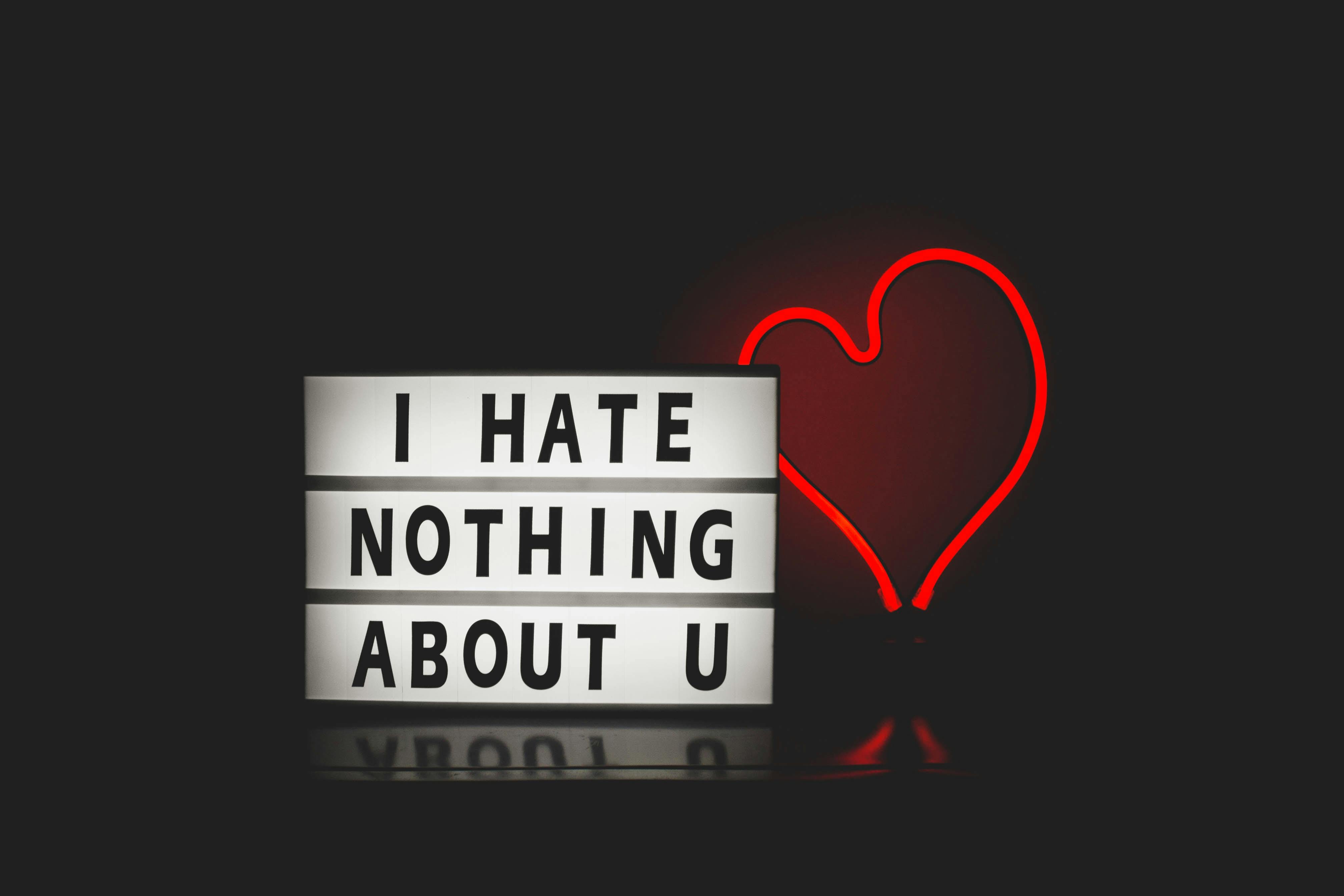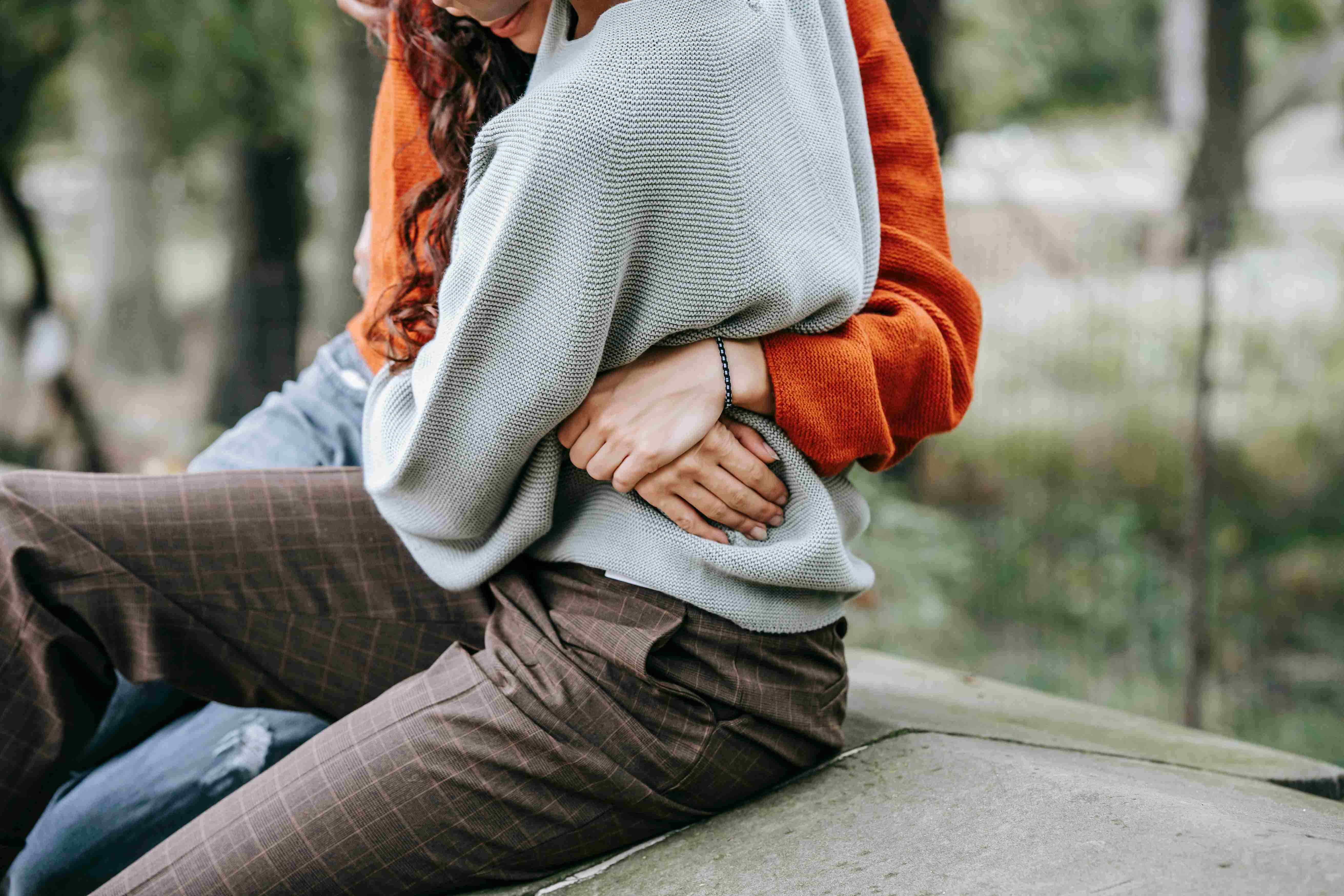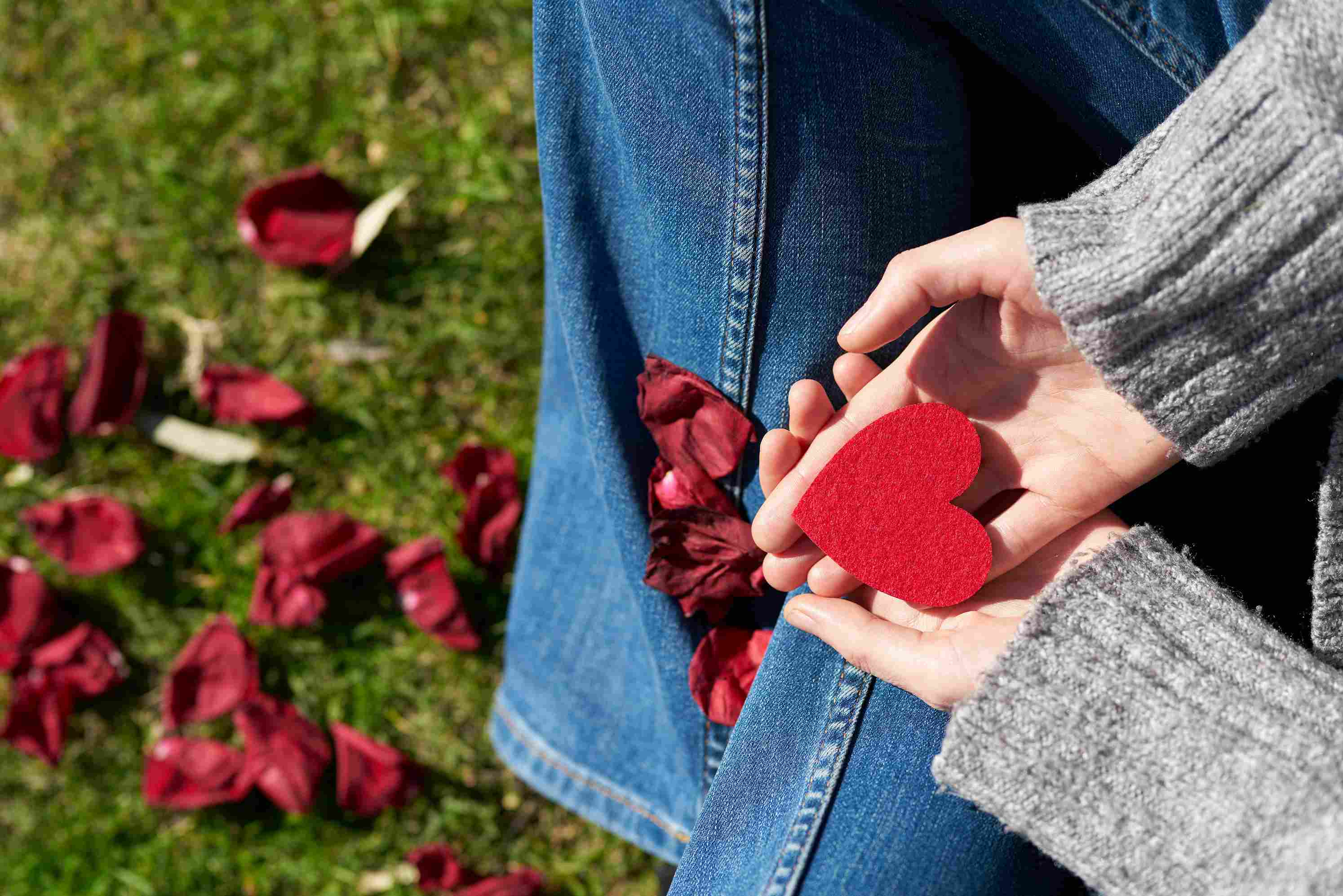Modern dating is messy. One minute you’re deep in a 3-hour texting spiral, the next you’re stalking their ex’s dog’s Instagram. And somewhere between ghosting, “soft launches,” and TikTok therapists diagnosing everyone with ‘avoidant issues’ like it’s astrology, you’re left wondering: Is this love, or is my nervous system just doing the absolute most?
Let’s get into it—because sometimes it’s not the person you’re addicted to, it’s the chaos your attachment style thrives on. And no, liking stability doesn’t mean you’re boring. It means you’re healing.
What Even Is an Attachment Style, and Why Should I Care?
Your attachment style is basically your default setting and emotional blueprint. It forms in childhood, based on how your caregivers met (or didn’t meet) your needs. That blueprint becomes your relationship autopilot dictating how you show up in closeness, conflict, and connection.

Image Credits: Unsplash
The four main types:
Secure: Can give and receive love without spiraling. Comfortable with closeness. Communicates openly.
Anxious: Needs constant reassurance. Fears being abandoned. Overanalyzes everything.
Avoidant: Values independence. Shuts down when things get too emotional. Struggles with vulnerability.
Fearful-avoidant: Torn between intimacy and fear. Wants love, but pushes it away.
You can take a quiz to identify your style, but real growth starts when you pay attention in real time. If someone doesn’t text back and you spiral into worst-case scenarios? That’s not love, babe. That’s your inner child throwing a tantrum.
Understanding your attachment style isn’t about blaming your past. It’s about reclaiming your future.
Why We Confuse Instability with Passion
Being “on edge” around someone can feel like fireworks. But that adrenaline rush? It’s not butterflies. It's anxiety and your nervous system getting thrown into high alert.
Why does this happen? Familiar pain feels safe. If inconsistency was normalized in childhood, we might chase it in adulthood. The highs and lows mimic old drama, and our brain gets hooked like it’s a toxic playlist on repeat. Suddenly, you're chasing emotional validation instead of connection.

Image Credits: Pexels
But true passion doesn’t mean pain. Healthy relationships are often calm; a kind of peace that doesn’t feel like boredom. And peace? It’s your body remembering what safety feels like.
So if you find yourself equating mixed signals with a “spark,” pause. Maybe you’re not in love. Maybe you’re just repeating something familiar.
Signs You’re in a Cycle, Not in Love
Let’s call it what it is: instability isn't intimacy. Attachment issues don’t just show up during fights or breakups, they sneak into the everyday stuff too.
Signs you might be stuck in a loop:
You feel euphoric when they respond, but crushed when they don’t.
You’re constantly guessing how they feel, instead of just knowing.
You revisit the same conflict wrapped in different packaging.
You mistake anxiety for attraction and convince yourself that’s just how love feels.
For those anxiously attached, that can look like triple-texting or taking silence as rejection.
For avoidants, it might be retreating into work or suddenly ghosting when things get too real.
Fearful-avoidants? They're ping-ponging between both. One person clings. The other runs. Then repeat. It’s exhausting and draining. And it keeps you so busy managing your anxiety that there’s no room for actual connection.
When love becomes a cycle of activation instead of a source of grounding, that’s a red flag. Relationships shouldn't feel like a test you’re always about to fail, and it’s time to re-evaluate what you’re calling “romance.”
Real Connection Feels Safe, Not Chaotic
Here’s your reframe for 2025: stable is sexy. We’ve been conditioned that love should be a chase, but that’s just emotional dysregulation in a red dress playing cupid.
If you grew up with emotional inconsistency, stability can feel foreign, or even dull. But that doesn’t mean something’s missing. It means you’re finally getting off the roller coaster.
Signs of emotional safety:
You feel heard and seen, not judged.
Conflicts feel repairable, not explosive.
You trust their consistency, not just their words.

Image Credits: Pexels
When love feels chaotic, it’s often reactivating an old wound. But when it feels safe, something beautiful happens. You stop performing. You stop chasing. You just be. That’s the kind of connection where real intimacy can grow. Emotional safety means you can be vulnerable without fear. It’s knowing someone will stay, even if you’re not at your best.
So, How Do You Break the Cycle and Build Secure Love?
If you’re ready to exit the chaos loop, here’s your starter pack:
📍Self-awareness: Recognize your triggers. Notice when you're activated and pause. Are you reacting from the past or responding in the present?
📍Regulate before reacting: When the anxiety hits, get grounded before you react. Breathwork, journaling, even texting a trusted friend instead of your ex? That’s growth.
📍Communicate clearly: Don’t drop hints or test people. Express your needs directly and calmly. If someone can’t handle that, they’re not your person.
📍Rewire intentionally: Your attachment style isn’t permanent, it’s just practiced. With time, support, and intention, you can move toward security, even if you didn’t start there.

Image Credits: Pexels
Want to go deeper? Working with a therapist or trying inner child work can help you rewire your patterns around love and safety.
Conclusion
Attachment style isn’t your flaw, it’s your foundation. And foundations can be rebuilt. Whether you’re anxiously spiraling, avoidantly ghosting, or somewhere in between, you can learn a new way to love.
The goal isn’t to be perfect. It’s to be conscious. To choose softness over sabotage. Safety over spark-chasing. Love over loops.
So next time you're tempted to romanticize someone who only gives you breadcrumbs, remember: peace isn’t boring. It’s what love feels like when your nervous system finally unclenches.
You’re not too much. You’re just done settling for the bare minimum. Because love should feel like a soft place to land, not a battlefield you’re constantly fighting to survive.
Ready to get real about how you love? Maybe it’s time to start with how you love yourself.